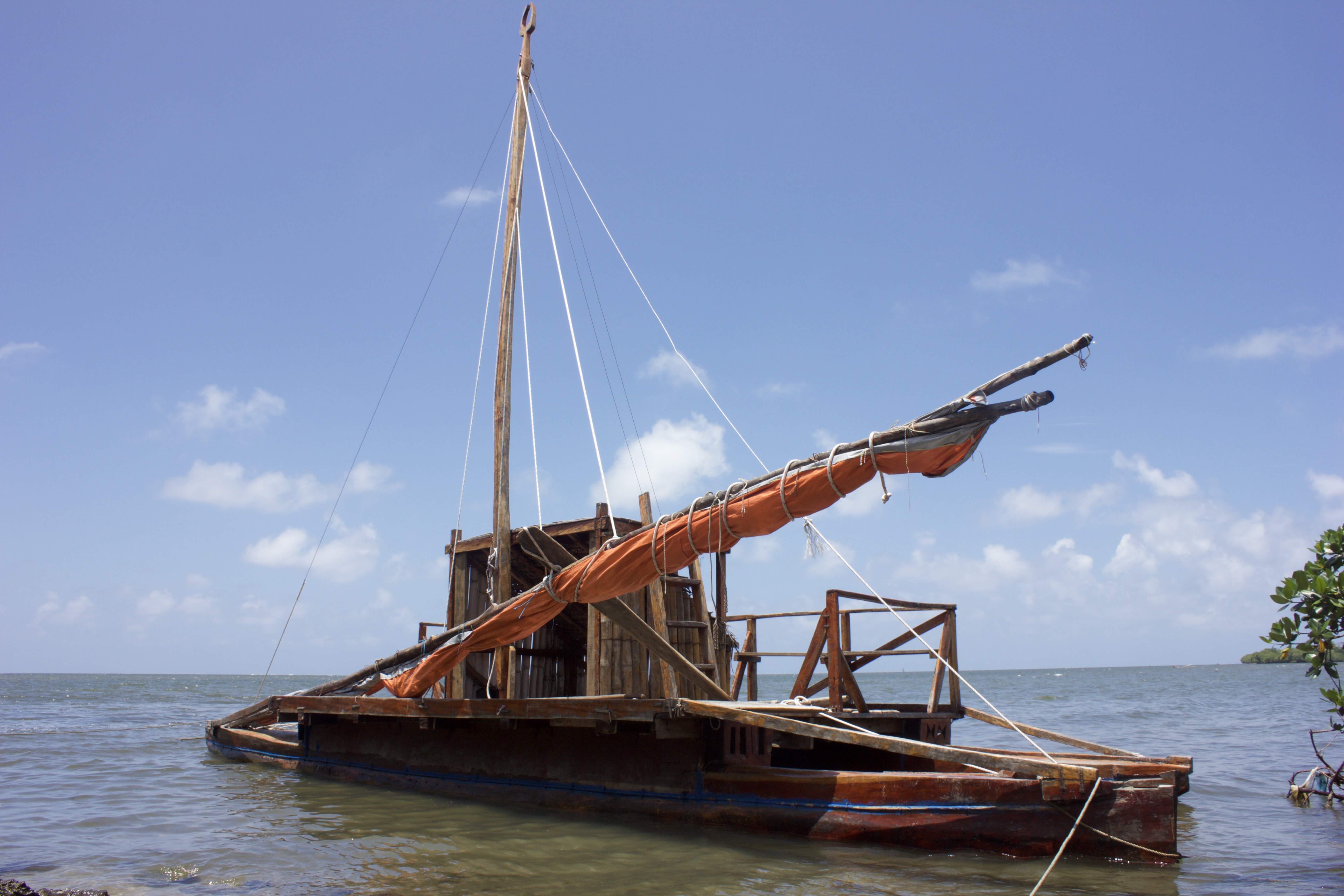

(Photo: Kate Wheeling/Pacific Standard)
While United Nations delegates were gearing up for two weeks of climate negotiations in Bonn, Pacific Standard sent me to Fiji to find out just what climate change looks like in one of the hardest-hit regions of the globe. Over 14 days, I made it to just three of the country’s 300-odd islands, covering almost as much distance by sea as by land.
Every single person I spoke with there, from the packed streets of Suva to the rolling hills of Nadi to the small coastal settlements of Koro Island, told me that they were deeply concerned about climate change.
The nature of those concerns varied greatly from one person to the next. There was the shopkeeper in downtown Suva worried about unchecked littering; the farmers in drought-ravaged Western Fiji struggling with parched crops, and those on the Cyclone Winston-ravaged coasts struggling with salt-poisoned soil. On Koro, I met the village headman, who keeps tabs on sea-level rise, a slow-moving but existential menace. In Nasau, I met families who remember all too vividly what it felt like to have to swim through Winston’s ceiling-high floodwaters to escape their drowning homes, and who are now anxiously preparing to weather another Category 5 storm in tents or shanties.
CLICK HERE FOR MORE ON FIJIANS’ EVERYDAY CLIMATE STRUGGLES.
One thing nearly all of them agreed on, though, was that their prime minister’s actions at the Fiji-led COP23 in Bonn, Germany, would do little to help their present predicaments.
Fiji’s Prime Minister Frank Bainimarama left the country just days before I arrived. In a statement on October 29th, Bainimarama said that, with a team of 50, he was “leaving our shores to embark on the most important mission we have ever undertaken as a nation for the entire world.” As the current COP23 president, Bainimarama has been roundly praised for uniting vulnerable Pacific nations to demand drastic climate action, and for keeping their (typically marginalized) voices front and center. He has reiterated his promise to take in refugees from drowning Pacific islands, and has not shied away from scolding industrialized nations for their outsized contributions to global warming.
Back home, though, many Fijians feel like their prime minister has been so focused on shoring up international support to preserve the Pacific forest, so to speak, that he’s forgotten about the trees in his own backyard.
“He has forgotten Fiji,” a cab driver named Kamlesh, from the city of Nausori on Fiji’s Viti Levu Island, told me. It’s not that Fijians don’t want Bainimarama to open their shores to climate refugees from neighboring island nations that are being swallowed by the sea; they just want sturdy homes for themselves first. They don’t disagree that industrialized nations should pay up for their dirty development sins, but they want the prime minister to come and see what “green” development looks like on his own shores: In Sigatoka, for example, a dredge-mining project has been sold to the public as a way to prevent floods and generate income, but so far dredging along the river has only destroyed the ecosystem on which the indigenous community relies for food security.
“As a symbol of our presidency, we have placed a spectacular drua in the main foyer in Bonn, which has been floodlit for maximum impact,” Bainimarama said in his October 29th statement. “It is a message to the world that all 7.5 billion people on Earth are in the same canoe.”
Last week, in Korova, I met Semiti Paki, the man who built that boat. Korova is a 10-minute walk from the Suva campus of the University of the South Pacific, down a muddy path that follows the peninsula’s rocky shoreline, strewn with driftwood and trash. One of the only other druas in existence today is moored along the shore there, and Paki is one of a handful of Fijians who still has the knowledge to build these traditional boats. The Korova community is made up of Fijians from the island of Moce, who set sail from the far-flung island on traditional canoes and resettled on the outskirts of the capital city in 1991. Each drua was at least half a year in the making, Paki told me, including the time it took to sail back to Moce to get the right wood for building sailing vessels—the kind that hardens over time in the water—and bring it to Viti Levu. If Fiji continues to build druas, whether for use or display, it will be because Paki and his people taught a younger generation how.
Paki didn’t just want to keep the canoe-building tradition alive to rekindle the link between Fijians and the sea; he also wanted to encourage a broader awareness about ocean conservation. As the sound of the lapping waves drifted in through the open doors and windows of his house in Korova, Paki told me he has watched helplessly as ocean pollution increased, and the fish stocks his people rely on have fallen.
But there are also more tangible things than raising awareness that Korova can do to prepare for an uncertain future, and while Fiji is taking advantage of the symbolic significance of the drua in Bonn, the government could be doing more to help its builders adapt. Korova’s villagers want the government to help them replant mangroves, a move that would prevent erosion and protect their village—which technically sits on state land—from rising seas and storms. The mangroves would serve to protect Suva’s shores as well, they say, but Fiji’s government hasn’t come through.
One Fijian told me that he knows the prime minister is calling for action from major polluters on behalf of all the Pacific countries that are vulnerable to sea level rise, “but please,” he said, as though addressing Bainimarama, “clean up your backyard first.”





